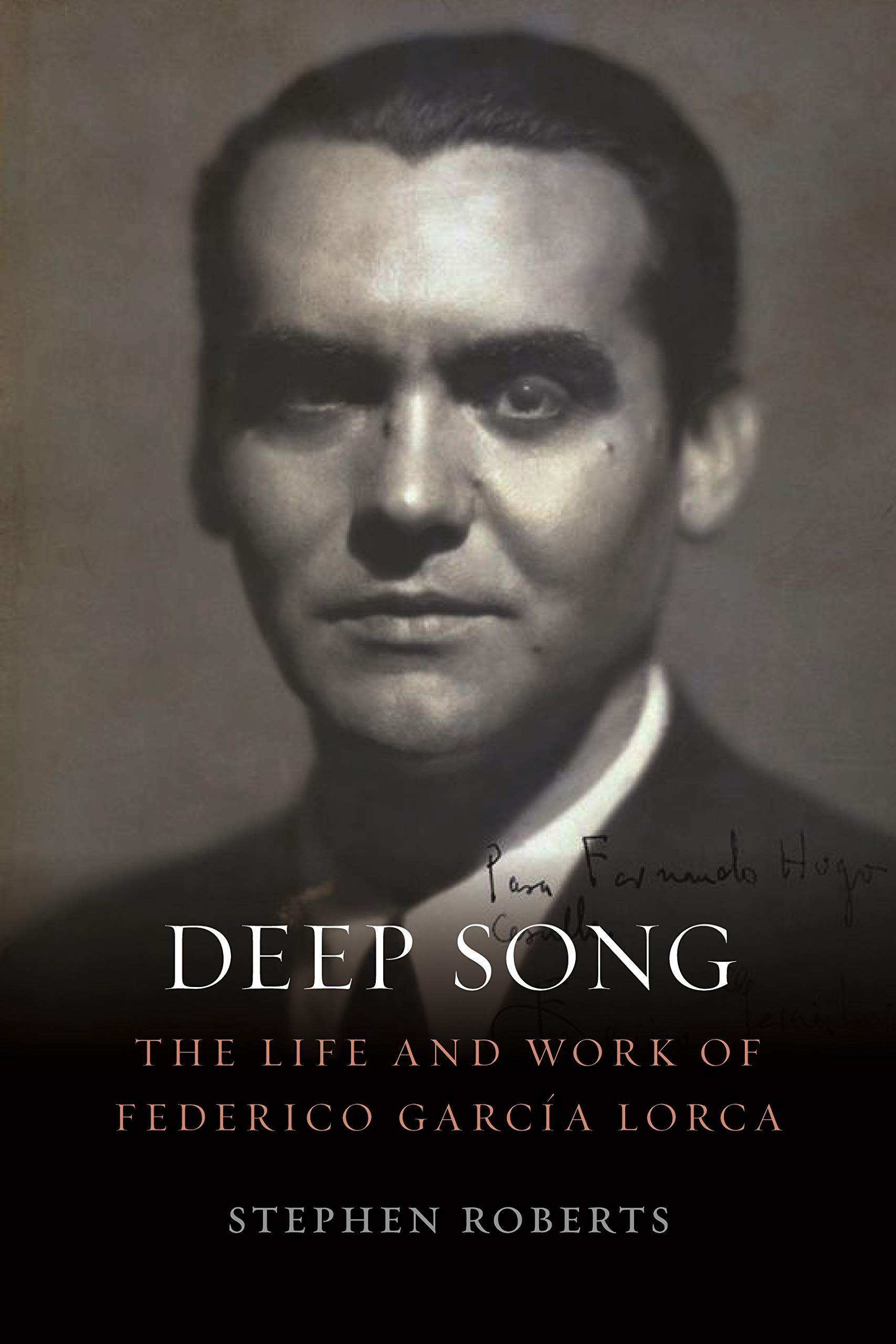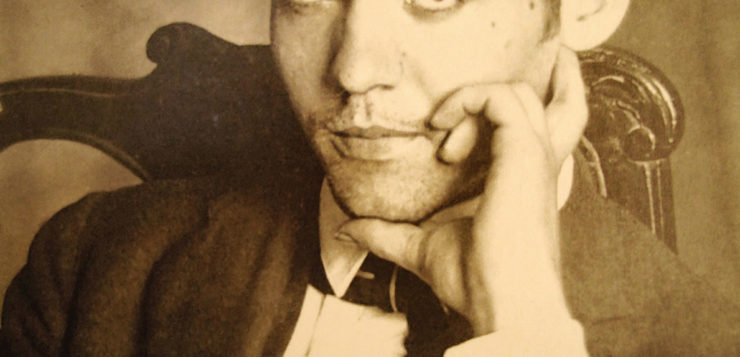 DEEP SONG
DEEP SONG
The Life and Work of Federico García Lorca
by Stephen Roberts
Reaktion Books. 240 pages, $35.
GORE VIDAL famously said that the three saddest words in English are Joyce Carol Oates. For gay readers, three of the most iconic words are Federico García Lorca. Known to readers in English mainly by his maternal surname, Lorca occupies a tense junction in the history of Spain, writing, and gay culture. Dead for over eighty years, he’s like a returning comet who fades for a time before reappearing in yet another book, monument, musical fantasia, or exhumation request. His gifts as a poet and dramatist, and the symbolic effect of his political murder at age 38, gave rise to a steady and remarkably varied artistic industry.
There’s a wealth of published material about Lorca, with Ian Gibson’s 1989 biography the anchor point to date. Gibson wrote several other books about Lorca, including one entirely about his assassination, an event that continues to fascinate the international public, despite the family’s wish for a memorial park instead of yet another search for his corpse. Unique offerings on the Lorquiana tray include a selection of his letters, a long memoir by his brother Francisco, and, perhaps of greatest interest to G&LR readers, Paul Binding’s 1985 Lorca: The Gay Imagination, which focuses specifically on Lorca and homosexuality. In addition to generating interest in his life, his work inspired many poets and gave rise to a speculative fire-dance of a novel about hypothetical immortal Lorcas, Carlos Rojas’ The Ingenious Gentleman and Poet Federico García Lorca Ascends to Hell. I’ll stop there; the material is vast and kaleidoscopic.
Now comes Deep Song: The Life and Work of Federico García Lorca, by Stephen Roberts, professor of Spanish culture at the University of Nottingham. It takes a certain confidence and clarity of intent to present a new biographical offering about such a well-known and vivid figure, with the faces of worthy predecessors gazing down like Lorca’s floating face in Salvador Dalí’s paintings.







